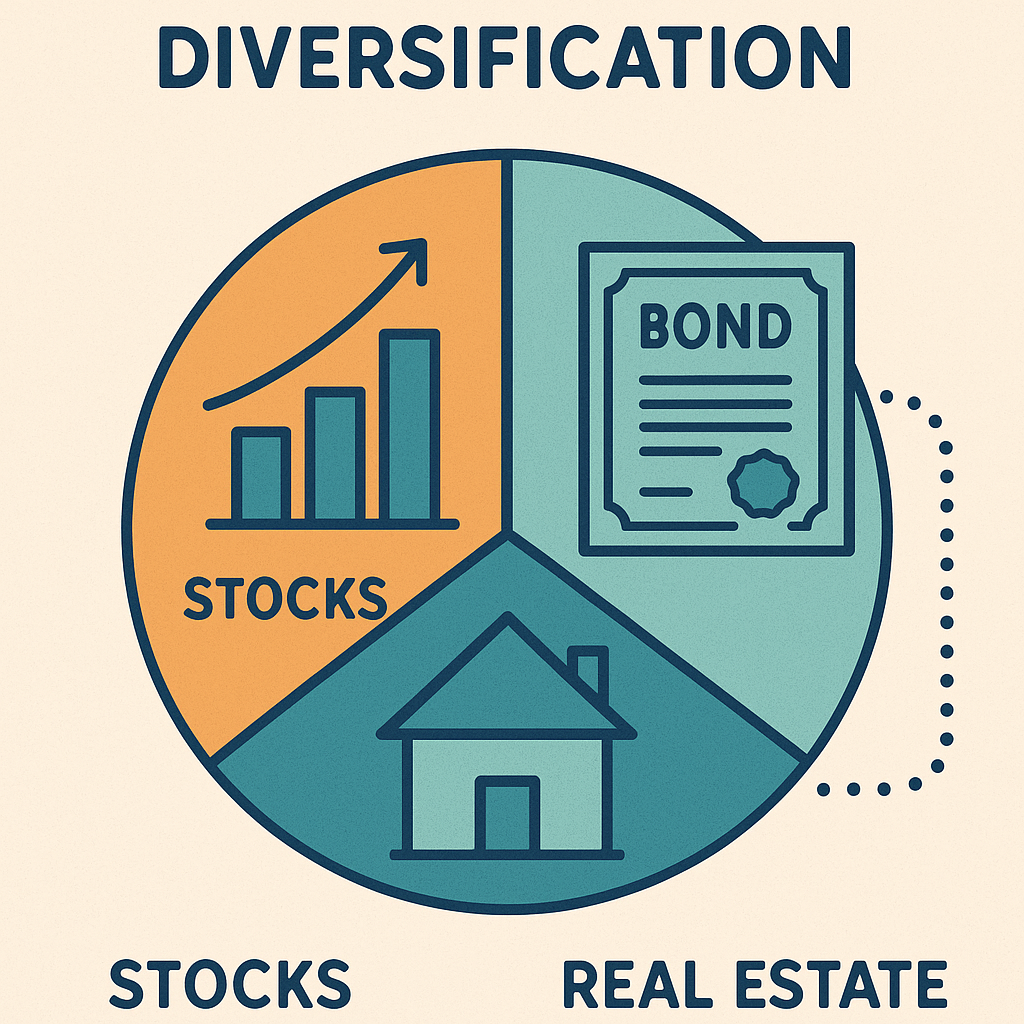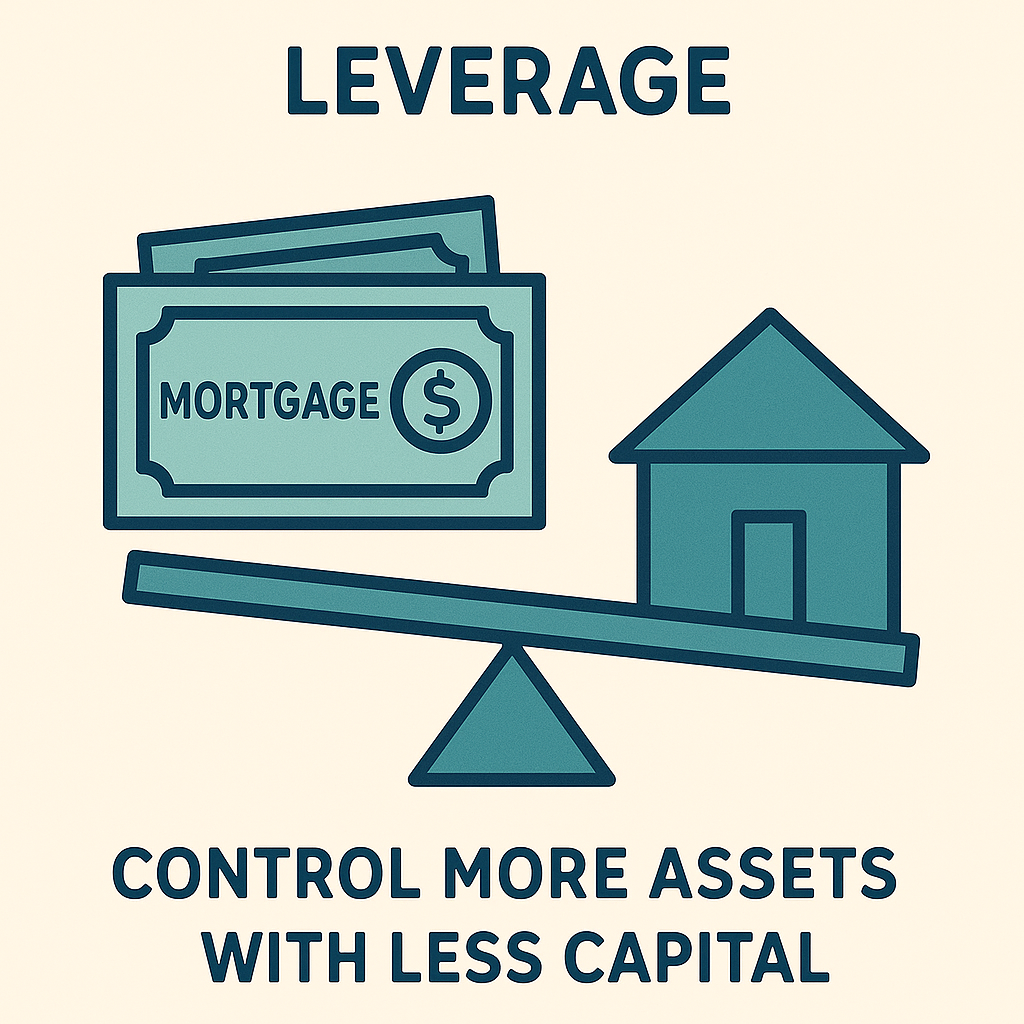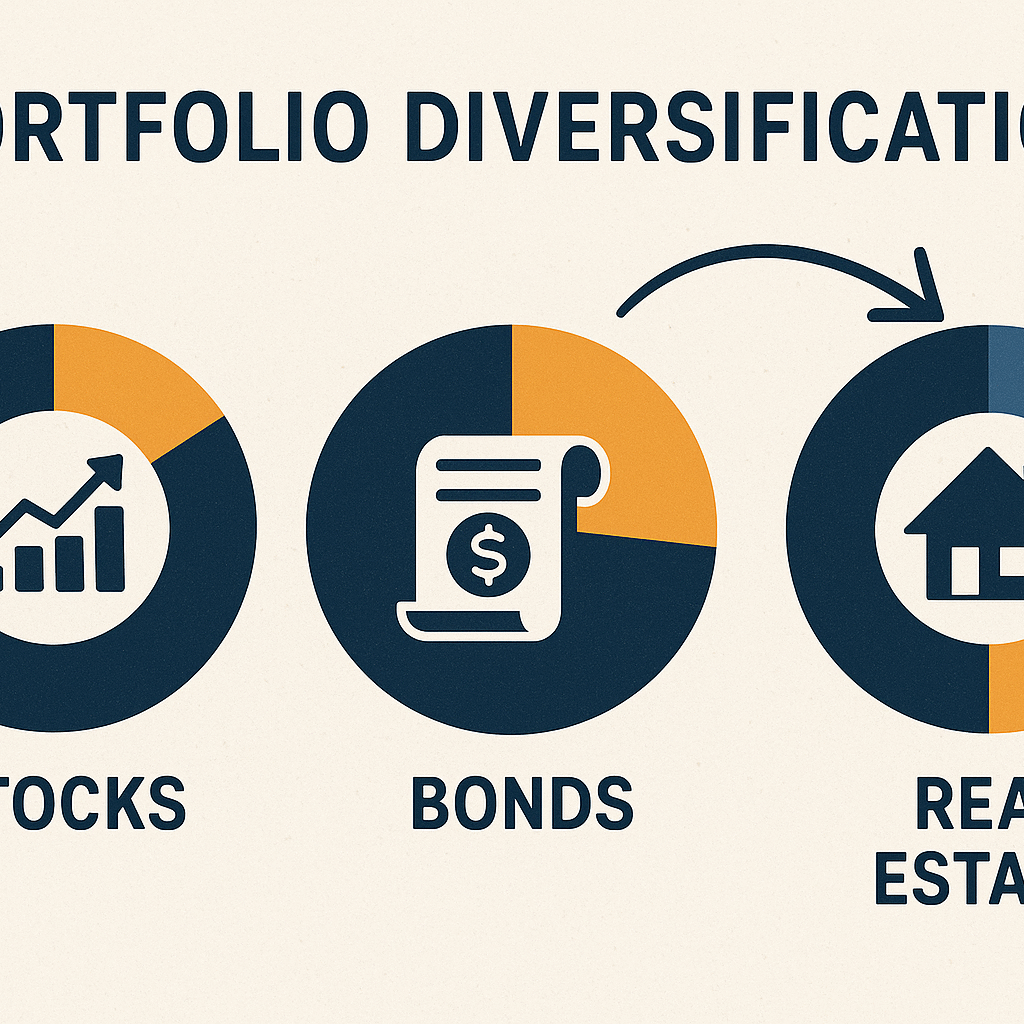1. Steady Cash Flow

Rental properties can generate consistent monthly income. Once expenses are covered, the remaining rent becomes passive income.
2. Appreciation
Real estate typically increases in value over time, allowing investors to sell at a profit or borrow against the equity.
3. Tax Advantages
Investors can deduct mortgage interest, property taxes, operating expenses, depreciation, and repairs, reducing their taxable income.
4. Leverage

You can use borrowed money (mortgages) to purchase property, allowing you to control more assets with less of your own capital.
5. Hedge Against Inflation
As inflation rises, so do property values and rents. Real estate often retains or grows in value while the dollar weakens.
6. Portfolio Diversification

Adding real estate to an investment portfolio can reduce risk, since it often moves independently of stocks and bonds.
7. Control Over Investment
Unlike stocks, real estate gives you control over decisions like upgrades, rental pricing, and tenant selection.
8. Equity Build-Up

As tenants pay down your mortgage, your equity in the property grows, increasing your net worth.
9. Multiple Income Streams
Real estate offers various income options—long-term rentals, short-term rentals (like Airbnb), commercial leases, or even flipping properties.
10. Tangible Asset
Property is a physical, real asset you can see, touch, and improve—unlike most financial instruments.
Read also : Investing in Real Estate
